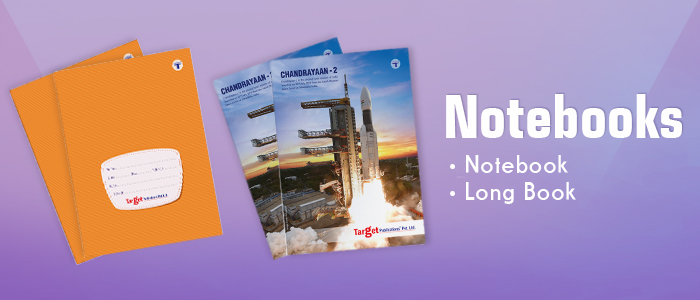As stated in the NEET Chapter Wise Weightage for the NEET exam, around 4% of questions have been asked from the Electrochemistry chapter. Let us further bifurcate the chapter into the important sub-topics from this chapter to help in your NEET preparation for Chemistry.
Important Sub-Topics in Electrochemistry:
- Electrochemical series (Electromotive series)
- Relation between Gibb’s free energychange and e.m.f. of a cell
- Nernst equation and its applications
- Conductance in electrolytic solutions
- Measurement of conductivity
- Variation of conductivity and molar conductivity with concentration
- Kohlrausch’s law and its applications
- Electrolytic cells and Electrolysis
- Faraday’s laws of electrolysis
- Types of cells or batteries
- Corrosion
Last 8 Years NEET/AIPMT Sub-Topic wise Weightage Analysis for Electrochemistry:

Last 33 Years NEET/AIMPT Sub-Topic wise Weightage Analysis for Electrochemistry:

Important Information:
Now that you are aware of the topic & sub-topic analysis, the next step would be to prepare yourself for the questions that have already been asked in the previous papers for these topics. To help you with the same, we at Target Publications have compiled a book – 33 Years NEET Question Papers Book with Chapterwise Solutions that contains solutions to all the questions asked in NEET & AIPMT in the last 33 years sub-topic wise.
Related Articles:
- How can solving previous years papers prove useful for NEET UG?
- What Are The Top 10 Most Common Mistakes Students Make in NEET UG?
- 7 Best Revision Techniques for Entrance Examination | NEET, CET & JEE Mains
- Top Techniques to Score 650+ in NEET Examination


